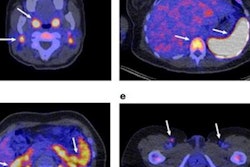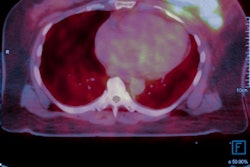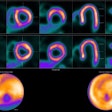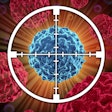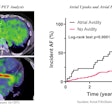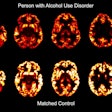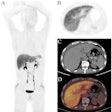
Immuno-PET imaging illuminates a tumor's response to therapy, which could translate into better treatment for patients with cancer, according to a study published in the March issue of the Journal of Nuclear Medicine.
A team led by Patricia Pereira, PhD, of Memorial Sloan Kettering Cancer Center in New York City found that the technology visualizes changes in cancer receptors called receptor tyrosine kinases (RTKs) within tumors during targeted treatment (J Nucl Med, March 2021, Volume 62:3, pp. 366-371).
"When healthy cells turn into cancer cells, there is a disruption in the RTK signaling," Pereira said in a statement released by the Society of Nuclear Medicine and Molecular Imaging (SNMMI), publisher of the journal. "This makes RTKs a valuable therapeutic and imaging target. Techniques that allow for real-time monitoring of RTK dynamics, such as immuno-PET, could be very beneficial in informing treatment choice and predicting response."
Pereira and colleagues conducted a study that used immune-PET and three antibodies to visualize three RTKs in a kidney tumor. The study showed that immune-PET could visualize the levels of protein present in an RTK, thus offering feedback on a tumor's response to therapy.
"Precision medicine involves the identification of certain gene mutations and expressions, as well as other features, that contribute individual tumor signatures," Pereira said. "Our study shows that immuno-PET is a powerful technique to document RTK changes and predict tumors' response to targeted therapies."





